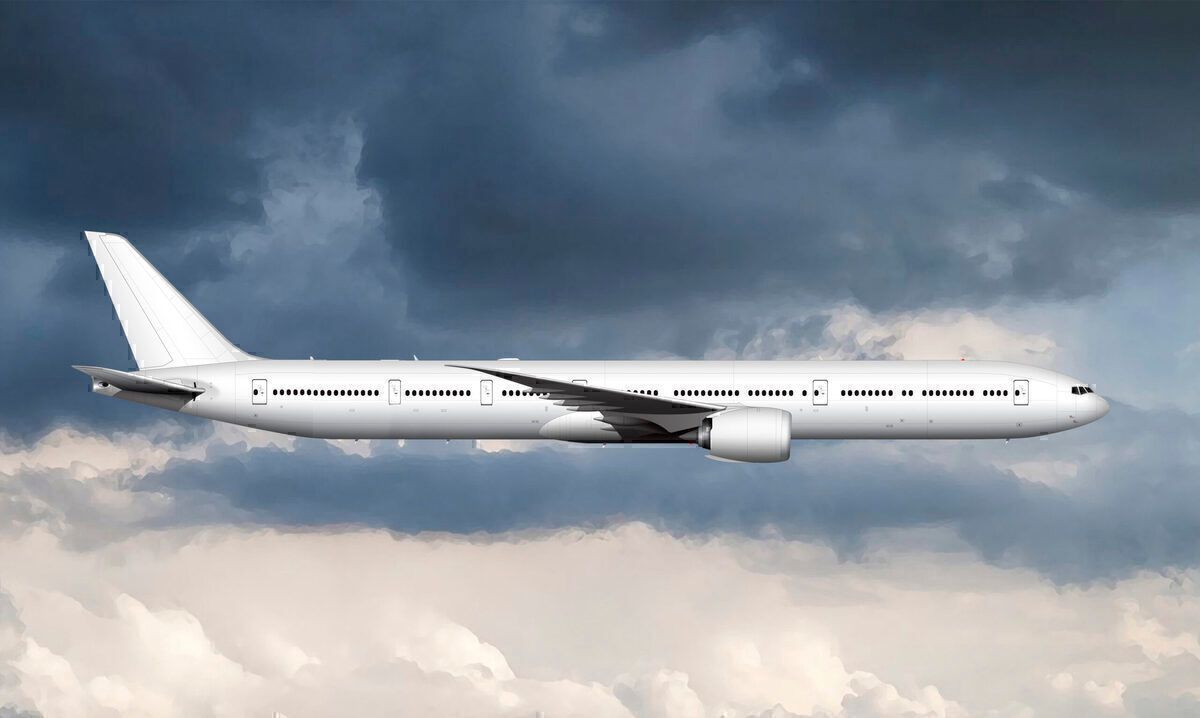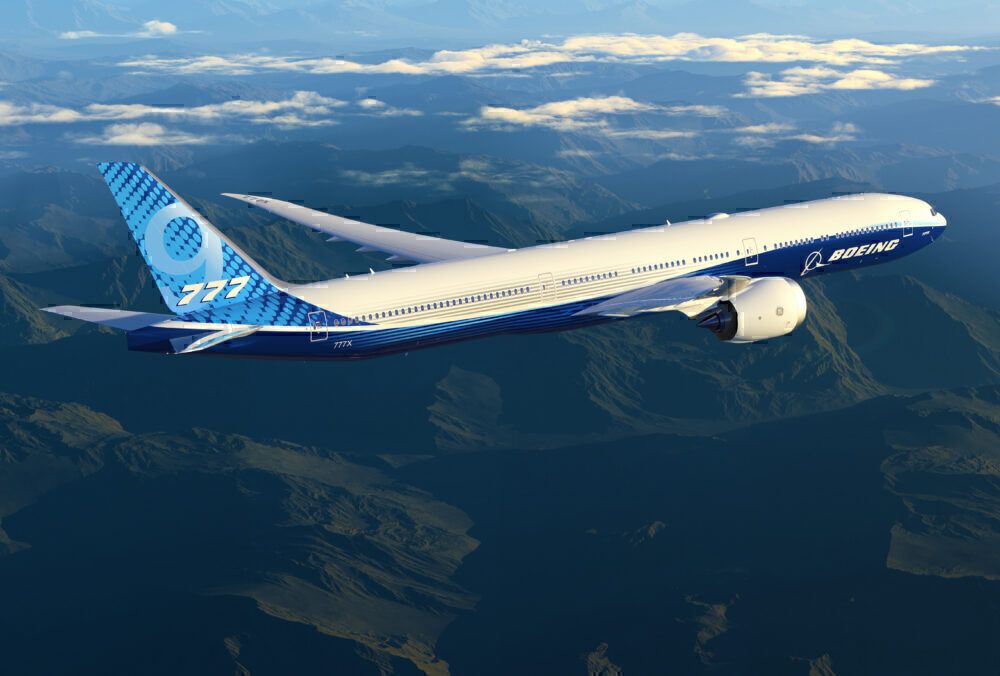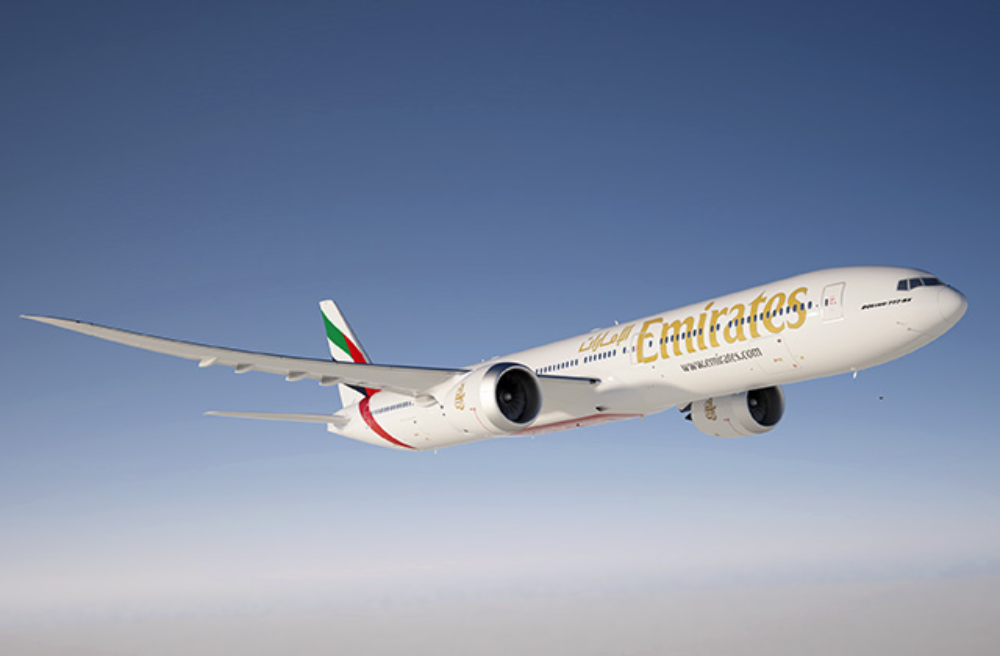In an age where the largest commercial aircraft, the A380 and 747, are being phased out of fleets, a stretched 777X might just end up becoming the biggest jet to be produced. However, that's not something that is likely to happen in the next few years, despite Boeing acknowledging that a 777-10X could be feasible...
A five-year-old idea
Much of the news surrounding a Boeing 777-10X came out of the Farnborough Air Show in 2016. That's when the chief of Boeing's Commercial Airplanes division at the time, Ray Conner, said to FlightGlobal and other reporters, "We have the ability to do it," adding, "if somebody wanted more capacity, that's a pretty straightforward deal for us to do."
That same year, Bloomberg noted that a Boeing 777-10X would have four more rows than the 777-9. This could bring the aircraft's seating capacity to around 450 passengers - less than the A380 (depending on configurations), but significantly more efficient.
Technically feasible but requires demand
As with all modern commercial aircraft programs, sufficient market demand has to be present in order to make a new variant worthwhile. Huge amounts of money are invested in design, production, and certification, and Boeing wouldn't want to invest funds without seeing sufficient return on its investment.
When it comes to the world of aviation and the multi-year timelines involved in bringing an aircraft into service, a tremendous amount of foresight is required. Additionally, the unexpected events of 2020 have highlighted just how much risk is involved as well.
Therefore, even though big jets aren't needed today (or in the next year or two), the market could change drastically in a few years. Indeed, by the time a 777-10X was produced, certified, and fitted out for a launch customer, the busiest long-haul routes might just find a stretched 777 quite useful.
Singapore Airlines in 2017 mentioned the 777-10X, confirming at the time that they had been in discussion with Boeing about it. In fact, Nicholas Ionides, the airline's vice president of public affairs at the time, said to CNN, “We discuss fleet requirements with manufacturers on a regular basis, and any such discussions are confidential.”
Other strong candidates might include Qantas, Emirates, and British Airways - carriers that operate the Airbus A380 on high-demand routes.
What are the odds?
The future of commercial aviation appears to be more about point-to-point travel, using smaller and more efficient jets on long-distance routes. Indeed, Boeing capitalized on this trend early-on with the development of its 787 Dreamliner.
It's a good bet that Boeing would prefer to spend its resources on developing either a 737 successor or a middle-of-the-market aircraft. Therefore, we won't be holding our breath, waiting for a 777-10X.
Do you think Boeing will build a 777-10X? Do you think it should? Let us know in the comments



